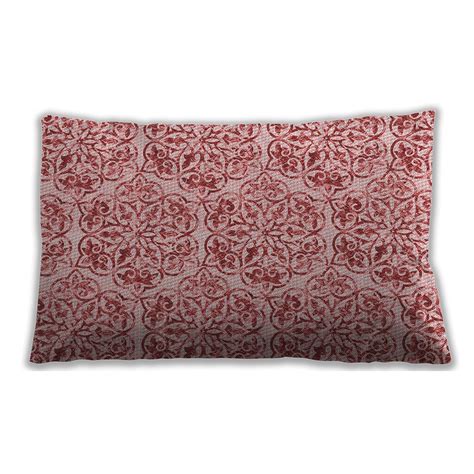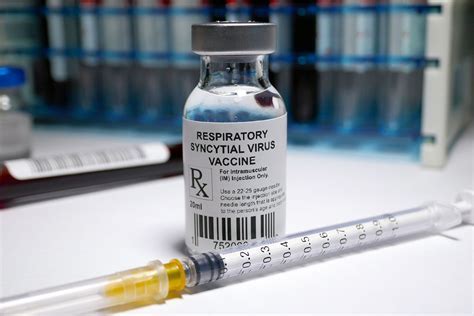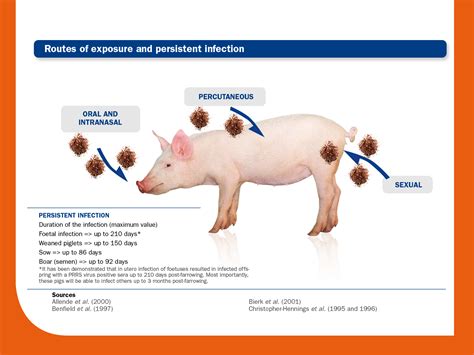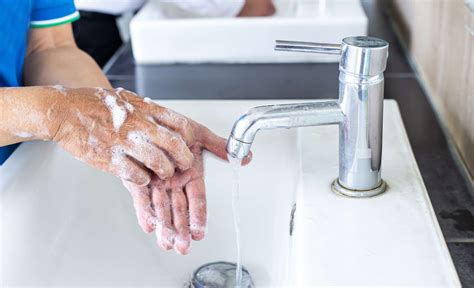Intro
Discover how jock itch spreads through skin-to-skin contact, contaminated clothing, and poor hygiene, and learn prevention methods to avoid fungal infections, athletes foot, and ringworm, with 5 key ways to stop the spread.
Jock itch, also known as tinea cruris, is a common fungal infection that affects the skin of the groin area, thighs, and buttocks. It is highly contagious and can spread through various means. Understanding how jock itch spreads is crucial in preventing its transmission and reducing the risk of infection. In this article, we will delve into the ways jock itch spreads and provide valuable insights on how to prevent its transmission.
The importance of understanding how jock itch spreads cannot be overstated. Jock itch is a common condition that affects millions of people worldwide, and its transmission can be prevented with proper knowledge and precautions. By knowing how jock itch spreads, individuals can take necessary measures to protect themselves and others from infection. Furthermore, understanding the transmission dynamics of jock itch can help in developing effective prevention and treatment strategies.
Jock itch is caused by a type of fungus called dermatophytes, which thrive in warm, moist environments. The fungus can spread through direct contact with an infected person, contaminated objects, or infected animals. The spread of jock itch can be facilitated by various factors, including poor hygiene, tight clothing, and shared personal items. In the following sections, we will explore the ways jock itch spreads and provide practical tips on how to prevent its transmission.
Direct Contact with an Infected Person

Prevention Measures
To prevent the spread of jock itch through direct contact, it is essential to practice good hygiene and take precautions when interacting with others. Some prevention measures include: * Washing hands frequently with soap and water * Avoiding close contact with people who have jock itch * Wearing loose, breathable clothing to reduce moisture buildup * Using an antifungal powder or spray to prevent fungal growthContaminated Objects and Surfaces

Prevention Measures
To prevent the spread of jock itch through contaminated objects and surfaces, it is essential to practice good hygiene and take precautions when using shared facilities. Some prevention measures include: * Washing towels and clothing in hot water * Disinfecting surfaces with an antifungal solution * Wearing flip-flops or shoes in public showers * Using a towel to sit on when using public gym equipmentShared Personal Items

Prevention Measures
To prevent the spread of jock itch through shared personal items, it is essential to practice good hygiene and take precautions when sharing personal items. Some prevention measures include: * Avoiding sharing personal items * Washing personal items in hot water * Using an antifungal solution to disinfect personal items * Using a clean towel to dry off after showering or bathingInfected Animals

Prevention Measures
To prevent the spread of jock itch through infected animals, it is essential to practice good hygiene and take precautions when interacting with animals. Some prevention measures include: * Washing hands frequently with soap and water * Avoiding close contact with animals that have fungal infections * Using an antifungal powder or spray to prevent fungal growth * Keeping animals clean and well-groomedPoor Hygiene and Tight Clothing

Prevention Measures
To prevent the spread of jock itch through poor hygiene and tight clothing, it is essential to practice good hygiene and wear loose, breathable clothing. Some prevention measures include: * Washing regularly with soap and water * Drying the groin area properly after showering or bathing * Wearing loose, breathable clothing to reduce moisture buildup * Using an antifungal powder or spray to prevent fungal growthWhat is jock itch, and how is it caused?
+Jock itch, also known as tinea cruris, is a common fungal infection that affects the skin of the groin area, thighs, and buttocks. It is caused by a type of fungus called dermatophytes, which thrive in warm, moist environments.
How can I prevent the spread of jock itch?
+To prevent the spread of jock itch, practice good hygiene, avoid close contact with people who have jock itch, wear loose, breathable clothing, and use an antifungal powder or spray to prevent fungal growth.
Can jock itch be treated, and what are the treatment options?
+Yes, jock itch can be treated with antifungal medications, such as creams, ointments, or powders. Treatment options may include over-the-counter or prescription medications, and it is essential to consult a healthcare professional for proper diagnosis and treatment.
In conclusion, jock itch is a common and highly contagious fungal infection that can spread through various means. By understanding how jock itch spreads, individuals can take necessary measures to prevent its transmission and reduce the risk of infection. We encourage readers to share this article with others, comment below with their thoughts and experiences, and take action to prevent the spread of jock itch. Remember, prevention is key, and by practicing good hygiene and taking precautions, you can reduce the risk of contracting jock itch and promote a healthier, happier lifestyle.
